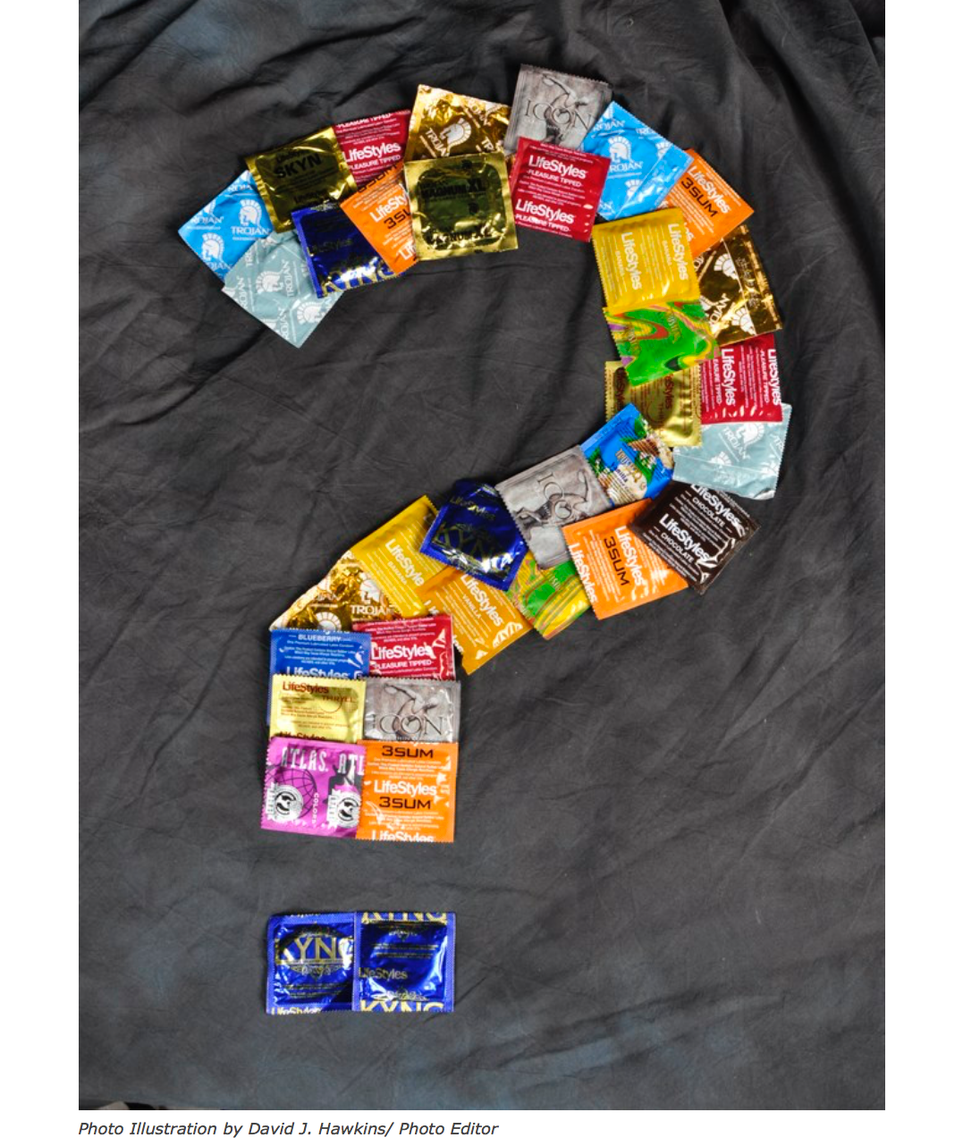College health centers provide student with many services, but catholic schools diverge from the group in one specific way: they refuse to make contraceptives available. Students of catholic universities do not have access to contraceptives through the health center, unlike many public schools, which give out condoms for free. Usually the board of trustees holds the belief that the university should not provide students with any form of birth control because it violates the rules of the Catholic faith. Many believe that making contraceptives easily accessible would encourage the students to have casual sex. Schools often avoid challenging this status quo because they hold their reputations very highly and do not want to tarnish it. But how does this decision affect students? Which is more important: the university’s reputation or the health of its students?
When asked about the lack of contraceptives on campus of the University of San Diego student’s responses were all over the map. Some strongly supported access to free condoms, some were against adding access to contraceptives, and many held an opinion that was in favor, but only mildly. One senior stated, “The thing is I’m going to have sex. Yeah free condoms would be nice, but I can buy them myself if necessary." He was not alone. Students of various ages and genders agreed that while they would enjoy having one less expense, a lack of contraceptives would not prevent students from having sex. Students are going to engage in sexual intercourse, “It’s college. People have sex,” one student reported. But the university has turned a blind eye because premarital sex goes against its beliefs. Object permanence, however, teaches us that just because you aren’t looking at something, that doesn’t mean it isn’t there.
Students with access to contraceptives are more likely to perform safe sex. This is exemplified by Condom Availability Programs. Advocates for Youth, an organization with a sole focus on adolescent reproductive and sexual health, have begun to implement Condom Availability Programs in high schools across the country. They reported a significant increase in condom use among students whom were already sexually active. These programs were successful because they enabled more students to protect themselves from risk of infection and hopefully these students will continue to practice safe sex after leaving high school. But did these programs promote sexual intercourse? Were students with access to contraceptives more likely to become sexually active? Historically, and in this case, no. According to Advocates for Youth, a study of New York City's school condom availability program found a noteworthy increase in condom use among sexually active students, but no increase in sexual activity. Additionally, in Europe and Canada where comprehensive sexuality education and convenient, confidential access to condoms are more common, the rates of adolescent sexual intercourse are no higher than in the United States (American Academy of Pediatrics). This dismantles the argument that access to contraceptives encourages students to become sexually active. Thus, Universities should be less worried about their reputation and they should recognize that the student body would be healthier with access to contraceptives on campus.






















